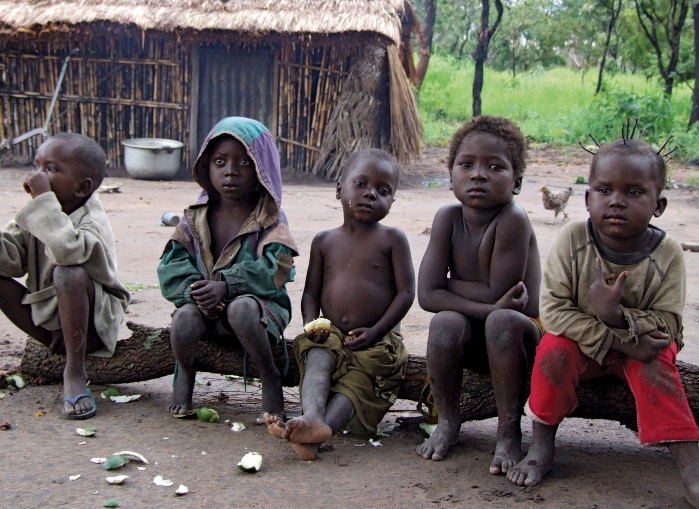New York, October 17 – A simple daily meal of rice and beans may cost $1.25 in New York but it costs $399.82 for a poor in South Sudan where Covid-19 impacts are added to years of conflict, climate change and economic troubles, which drive up the levels of poverty, the World Food Program said in its newest “Cost of a Plate of Food 2020” report. South Sudan tops the list of 20 countries with extreme poverty, 17 of them are sub-Sahara region countries.
The Rome-based WFP said the same basic meal costs $90.73 for a person in Burundi, $73.76 in Haiti, $60.52 in Sudan, $46.19 in Mozambique, $32.12 in Congo and $32.12 in Burkina Faso because poverty affects some 270 million around the world. The UN said half of the world population live with $2.50 a day and an estimated 900 million people cannot read or write.
(The report uses an average per-capita income across each country to calculate what percentage people must spend to buy a basic meal like rice and beans. The price a New Yorker may pay for a similar meal is calculated by applying the meal-to-income ratio for a consumer in a developing country to a consumer in New York.)

WFP, the world’s largest humanitarian organization, won the Nobel Peace Prize 2020 for its work in combating hunger around the world, saving lives in emergencies and using food assistance to build a pathway to peace, stability and prosperity for people recovering from conflict, disasters and the impact of climate change.
List of countries experiencing extreme poverty: South Sudan, Burundi, Malawi, Haiti, Sudan, Mali, Mozambique, Zimbabwe, The Democratic Republic of Congo, Congo, Burkina Faso, Lesotho, Tajikistan, Gambia, Rwanda, Tanzania, Uganda, Benin, Zambia and Mauritania.
The release of the report coincided with the annual International Day for the Eradication of Poverty on 17 October, which warned that Covid-19 will have a long-term impact on poverty, threatening efforts to boost economic recovery, reduction in inequality and ending extreme poverty.
“This new report exposes the destructive impact of conflict, climate change and economic crises, now compounded by Covid-19, in driving up hunger,” said WFP’s Executive Director David Beasley. “It’s the most vulnerable people who feel the worst effects. Their lives were already on the edge – prior to the coronavirus pandemic we were looking at the worst humanitarian crisis since World War II – and now their plight is so much worse as the pandemic threatens nothing less than a humanitarian catastrophe”.
“People in urban areas are now highly susceptible too, with COVID-19 leading to huge rises in unemployment, rendering people powerless to use the markets they depend on for food. For millions of people, missing a day’s wages means missing a day’s worth of food, for themselves and their children. This can also cause rising social tensions and instability”.
The report said conflict is the main driver for hunger in many countries as it displaced people from their homes, land and jobs, which resulted in the loss of incomes and ability to buy food in order to survive.
Among the top 20 countries with extreme poverty, South Sudan’s years of conflict have displaced over 60,000 people, crippled their daily lives as they had to abandon land and harvests.
In Burkina Faso, a surge in conflict along with climate changes resulted in tripling the number of people to 3.4 million people facing hunger.
The UN Department of Economic and Social Affairs said in a policy brief on the International Day for the Eradication of Poverty that the pandemic will have a long-term impact on poverty and prospects for fully eradicating poverty by 2030 now appears “highly unlikely” despite efforts to boost economic growth around the world. Eradicating poverty by 2030 is one of the 17 Sustainable Development Goals.
The brief said as many as 100 million people could slip into poverty this year because of the pandemic.
“It is no longer unimaginable that the global number of people living in extreme poverty will continue to go up in the coming years, pulling hundreds of millions of people into extreme vulnerability, if the horrendous consequences of the pandemic for developing countries are not effectively managed”, the brief said.

